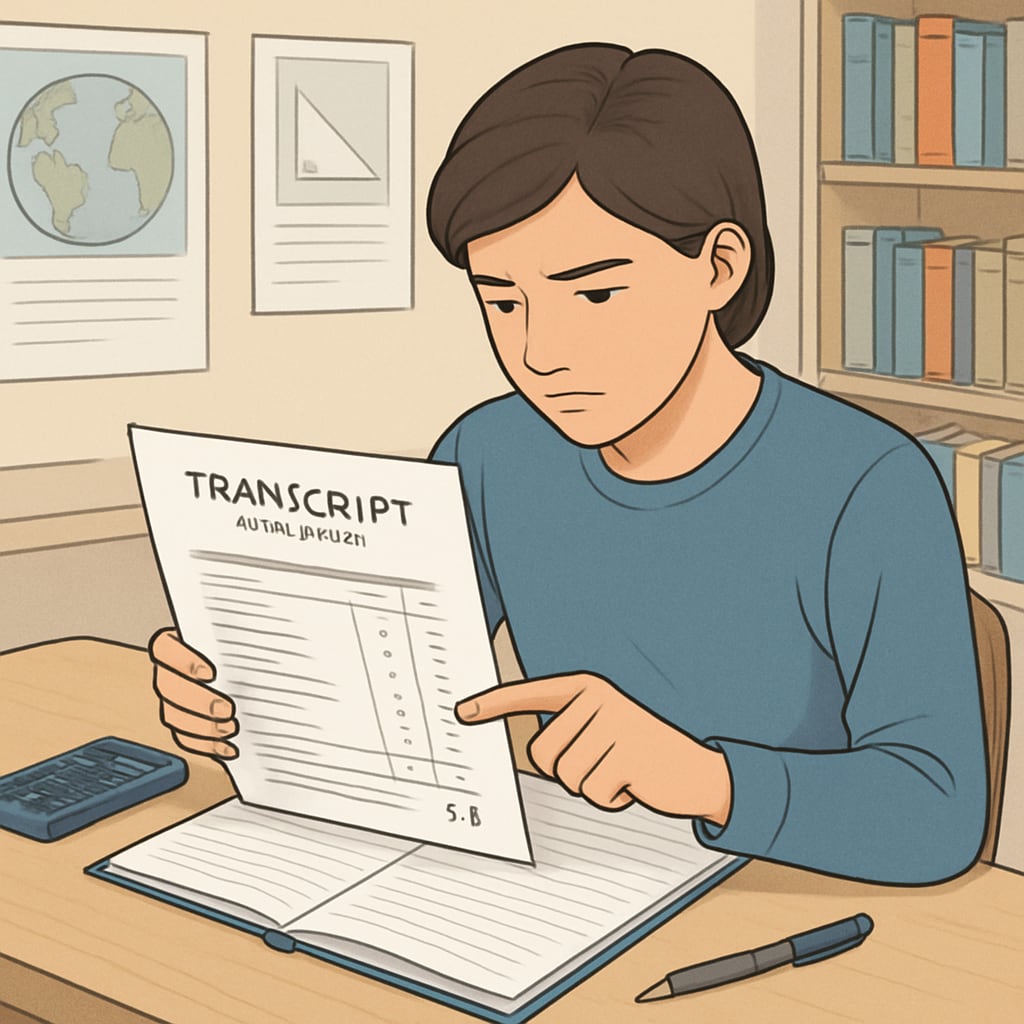Struggling with credit deficiency in high school can feel overwhelming, particularly for students navigating challenges like ADHD. Falling behind in credits doesn’t have to mean giving up on graduating. With a focused plan, alternative learning options, and a support network, you can bridge the gap and graduate on time. This guide walks you through practical strategies to catch up on missed credits and achieve your educational goals.
Understanding the Scope of Credit Deficiency
Before addressing the problem, it’s essential to understand the number of credits missing and which subjects require the most attention. This step involves reviewing your school’s graduation requirements and obtaining a detailed transcript. For example, some states may require a specific number of credits in math, science, and electives. Identifying gaps early allows you to prioritize subjects and plan accordingly.
Additionally, students with ADHD may face unique challenges such as difficulty focusing or managing time effectively. Recognizing these obstacles and addressing them with appropriate resources can make the process smoother.

Effective Strategies to Catch Up on Credits
Once you’ve identified the gaps, it’s time to explore ways to make up for lost time. Here are several proven methods:
- Enroll in Summer School: Many schools offer summer sessions specifically designed for credit recovery. These programs are an excellent way to earn credits in a condensed timeframe.
- Take Online Courses: Platforms like Khan Academy and edX provide flexible options for completing high school courses remotely.
- Dual Enrollment: Check if your school partners with local colleges, allowing you to earn both high school and college credits simultaneously.
- Tutoring Support: For students with ADHD, hiring a tutor or working with a teacher can help address specific learning challenges and improve academic performance.
In addition, creating a detailed schedule that breaks down assignments into manageable tasks can minimize the risk of burnout and help maintain consistent progress.

Building a Support System
Having a strong support system is critical, especially for students with ADHD. This can include parents, teachers, counselors, or ADHD coaches who help track progress and provide encouragement. Collaboration ensures that you stay motivated and on track.
It’s also important to utilize tools such as ADHD-friendly planners or apps to manage time, set reminders, and prioritize tasks. For example, apps like Todoist or Trello can simplify task management and improve focus.
Maintaining a Balanced Approach
While catching up on credits might feel urgent, maintaining a balanced lifestyle is key to avoiding stress. Ensure you’re getting enough sleep, eating healthily, and engaging in physical activities. A healthy mind and body will boost your ability to concentrate and study effectively.
Finally, celebrate small victories along the way. Completing a course or earning a few extra credits is a significant achievement worth recognizing. Positive reinforcement keeps morale high and fosters resilience.
In conclusion, catching up on credit deficiency in high school within two years is entirely possible. By leveraging summer school, online learning, and support systems, students—especially those with ADHD—can overcome challenges and graduate successfully. With determination, planning, and the right resources, the path to graduation is within reach.
Readability guidance: This article is structured with short, digestible paragraphs and lists to enhance readability. Transitions (such as however, in addition, and for example) are used to maintain flow and clarity. ADHD-focused tips are integrated to address specific challenges.


